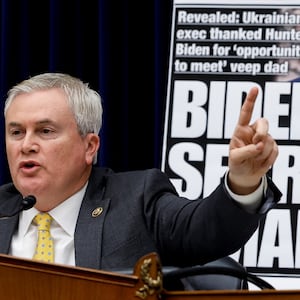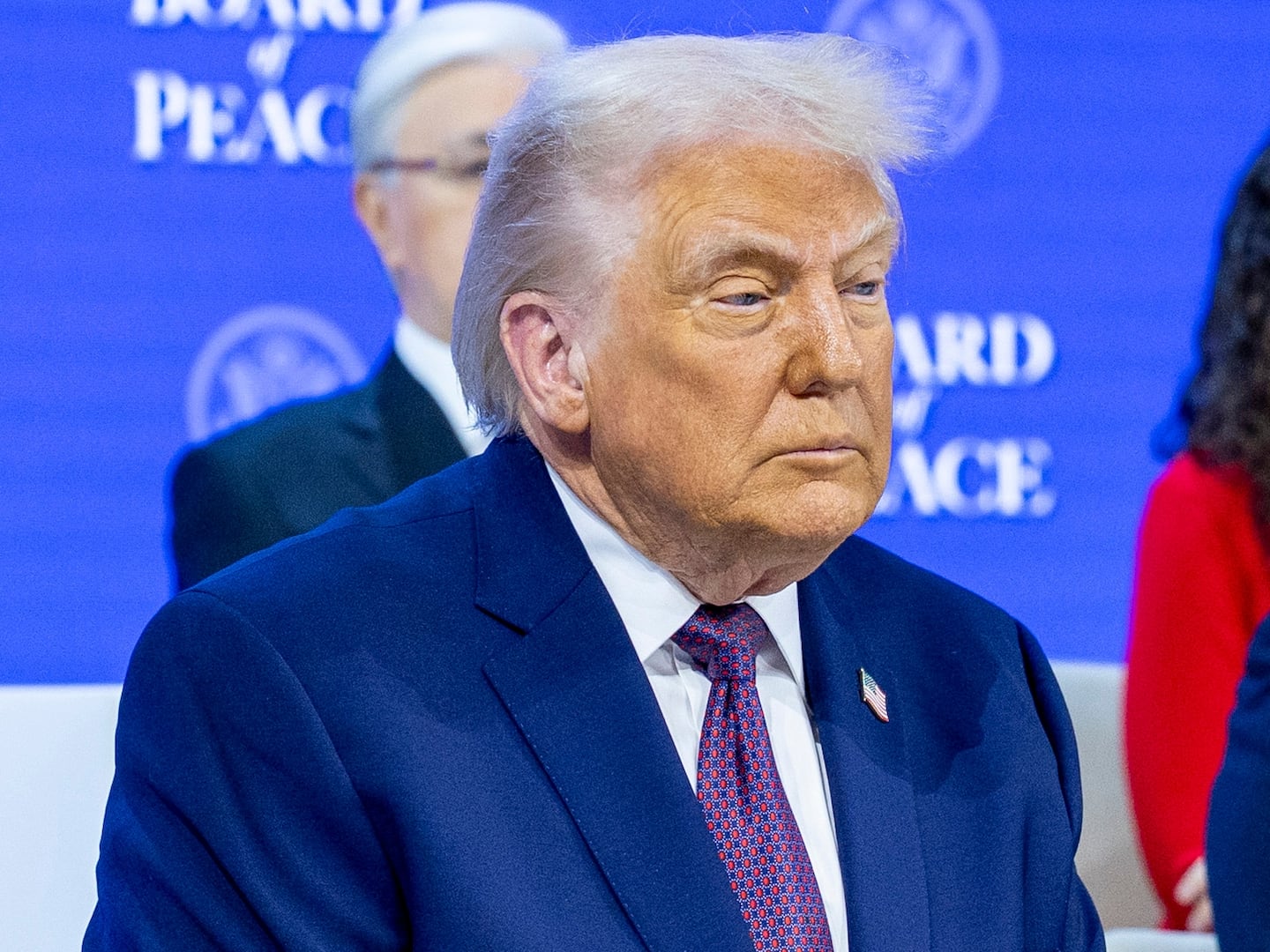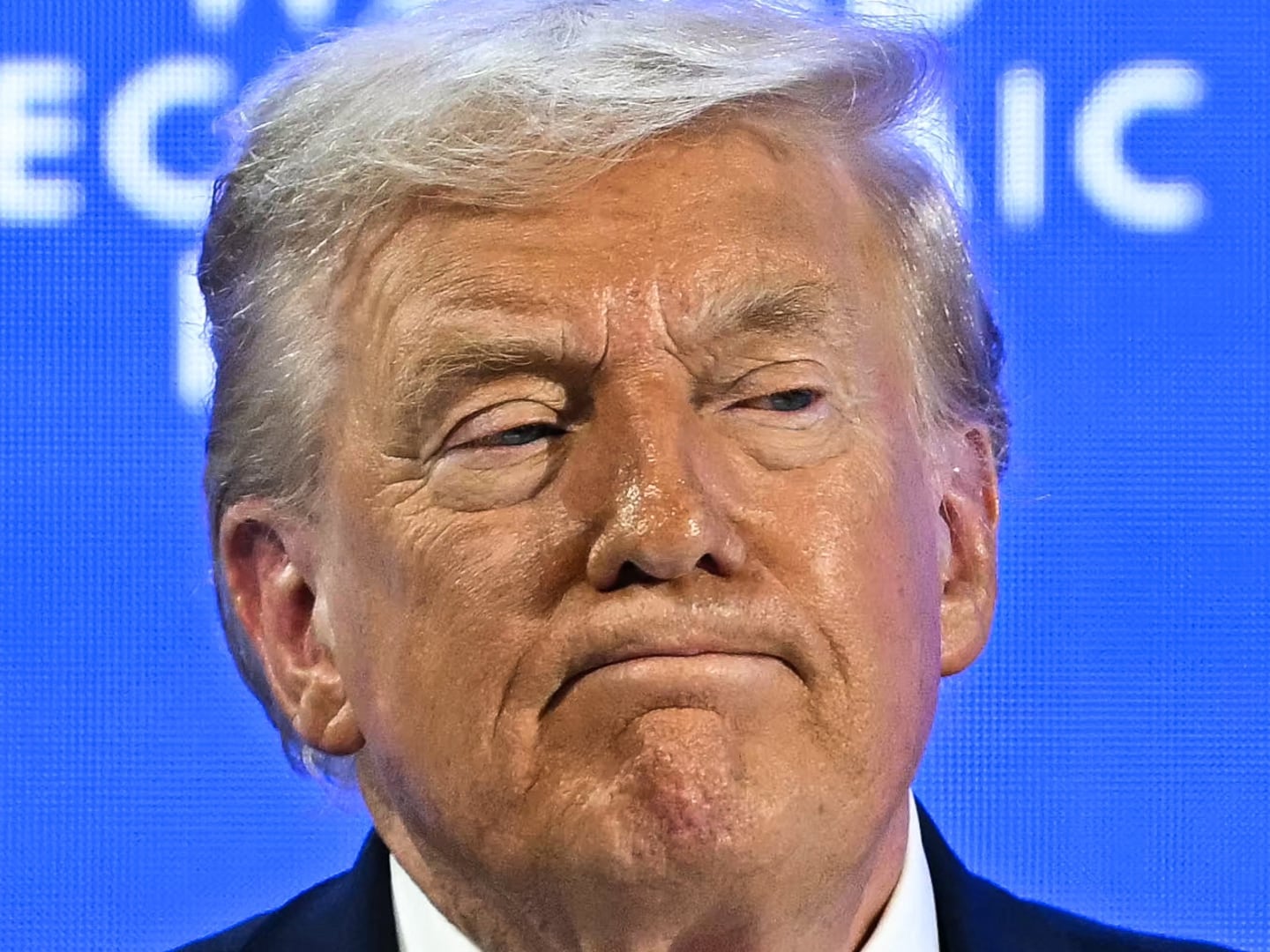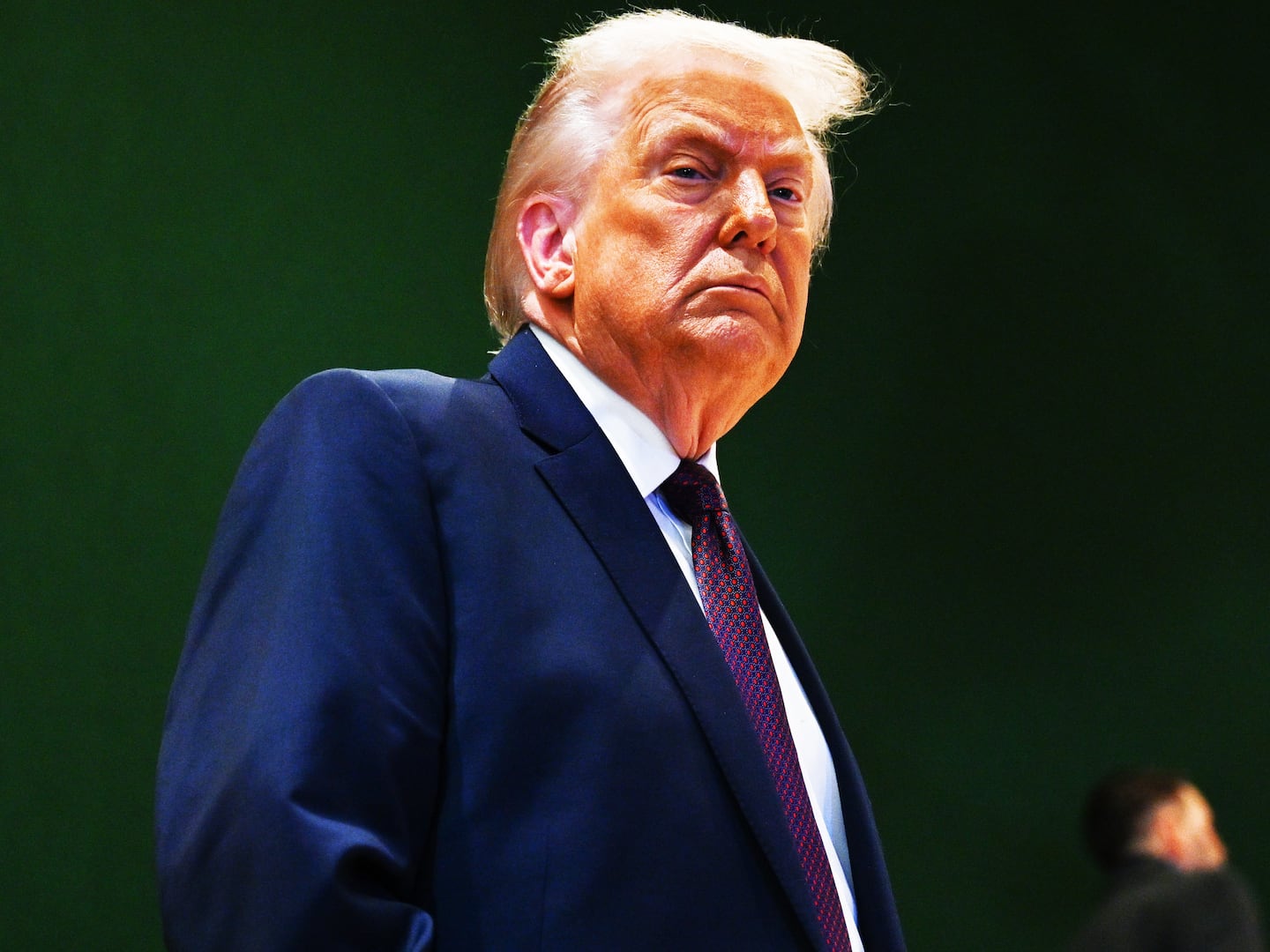President Joe Biden had a cancerous lesion removed from his chest last month, White House Physician Kevin C. O’Connor announced in a letter released Friday.
The letter said O’Connor spotted the lesion, which a biopsy later revealed to be basal cell carcinoma, a common form of skin cancer, during a health assessment on Feb. 16.
A procedure at Walter Reed National Military Medical Center followed and the cancerous tissue was “successfully removed,” with no further treatment needed.
The physician said Biden, 80, has “healed nicely” but the spot will remain under surveillance.
In his Feb. 16 summary of the president’s health, O’Connor said Biden had “several” similar procedures done prior to becoming president. The physician added in his summary that Biden was “healthy, vigorous” and “fit” to lead the country.
O’Connor noted that basal cell carcinoma does not spread in the way more serious skin cancers, like melanoma, are known to do.
The CDC lists basal cell carcinoma, along with squamous cell carcinoma, as the most common and least dangerous types of skin cancer. Both are rarely life-threatening and are confined to the surface of the skin, the CDC says, with lesions often removed by just a small incision.
First lady Jill Biden had two cancerous lesions removed in January—one from under her right eye and the other from her chest.
She told the Associated Press last week that she’s now “extra careful” about sunscreen, especially at the beach.
“So I’m lucky,” the first lady said. “Believe me, I am so lucky that they caught it, they removed it, and I’m healthy.”
Jill has used her position to push resources toward cancer research for years—frequently visiting research and treatment centers around the country. Four of her friends were diagnosed with breast cancer in 1993, and her shared son with the president, Beau Biden, died from brain cancer in 2015.
The couple reintroduced the “Cancer Moonshot” program—which Biden previously championed as vice president—last year, setting a lofty goal of reducing the cancer death rate in the U.S. by at least 50 percent over the next 25 years.
“We can do this,” Biden said on Feb. 2, the one-year anniversary of the program’s return. “We can end cancer as we know it.”







